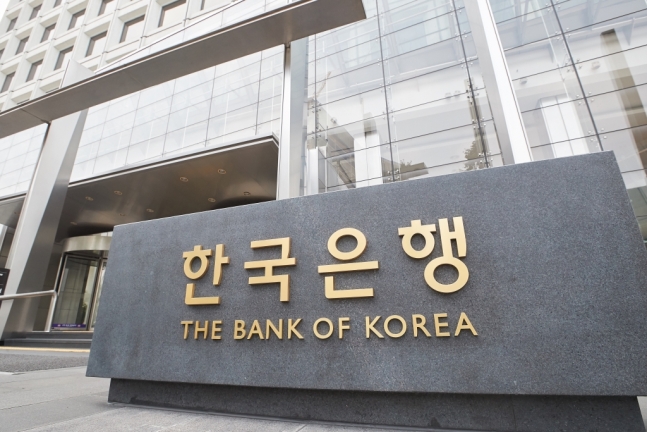
Bank of Korea Netted All-Time High Profits in 2019
Yesterday the Bank of Korea released their full overview of public financial data for 2019 revealing that the national bank netted about $4 billion. This is the highest amount of profit the bank has ever received. The report shows that much of their profits came from corporate tax revenue which also hit ATH for the bank and implies that Korean corporations had a profitable 2019 as well.

The 2019 net income is significantly higher from 2018 and surpasses the last high water mark of profits which was set in 2001. In 2018, the BoK profits reached about $2.5 billion, while the previous ATH in 2001 was about $3.5 billion. Adjusted for inflation, the 2001 high mark is still far more impressive without even factoring in the impact it had on a recently restructured banking system in the country. That $3.5 billion in 2001 would be worth about $5.1 billion in 2020.
Unlike ordinary companies, the BoK’s profit structure is determined by the difference between assets and liabilities. Most of the assets are foreign currency reserves and foreign currency deposits. Also, most of the debts are currency-secured securities issued by the bank via monetary course management. Therefore, the bank’s profit can be explained by the different between the rate of return on foreign currency assets and the rate of issuance on securities.
The corporate tax is the real highlight of this report, however, as it shows that nearly $2 billion in revenue came from corporate taxes in 2019, up roughly $100 million from 2018. This marks also the highest corporate tax ever paid to the BoK. Although the official tax report from the NTS is not complete, it’s expected that Samsung will account for the largest portion of that corporate tax revenue.
As global interest rates fell overall last year, the price of bonds held by the bank rose. Global low interest rates continued through the entire year, and have been reduced even further this year. There was a reversal of long and short interest rates in major countries due to concern about an incoming global economic slowdown which has been accelerated with rocket fuel by the Coronavirus confounding factor.
In addition to variations of marginal percentage points in holdings of government bonds, corporate bonds, asset-backed bonds, and stocks, the bank’s holdings of USD were down by .7% from the previous year. The latter is the result of an increase in the proportion of consigned assets with USD.
The national bank’s prerogative to store large amounts of foreign currency began in the late 1990’s after an IMF bailout shocked the nation and made banks realize that they needed to rely on the global financial market and not their own relatively small ecosystem to be truly financial solvent. At that time, the BoK and commercial banks began stockpiling foreign currency and gold.
It is unclear how the high profit levels will make any adjustments to serve the people and residents of Korea any better, but there has already been action to modernize systems at the bank so that they don’t fall behind the rest of the world. This includes integrating blockchain technology into the bank’s everyday functions in order to retain the trust of the people of Korea. Surely with large profit margins and appropriate tax rates that are paid in full by their largest corporations, the bank will indeed retain that trust of the people.
Telegram Channel- https://t.me/TheNewsAsia
Telegram Chat (partner) – https://t.me/cryptodakurobinhooders
Twitter – @TheNewsDotAsia
Facebook – https://www.facebook.com/groups/chains.asia/
email – hello@thenews.asia



